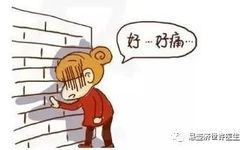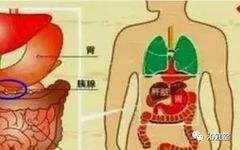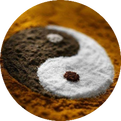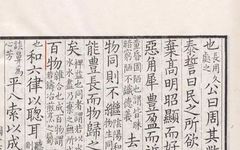Qi Stagnation and Blood Stasis: The Root of Many Illnesses!
Qi Stagnation Qi stagnation primarily results from emotional distress, phlegm, dampness, food accumulation, and blood stasis, which obstruct the flow of Qi, leading to local or systemic Qi stagnation and dysfunction of certain organs and meridians. When we feel emotionally unwell and cannot express it, we often feel a sense of Qi being “blocked.” We … Read more










